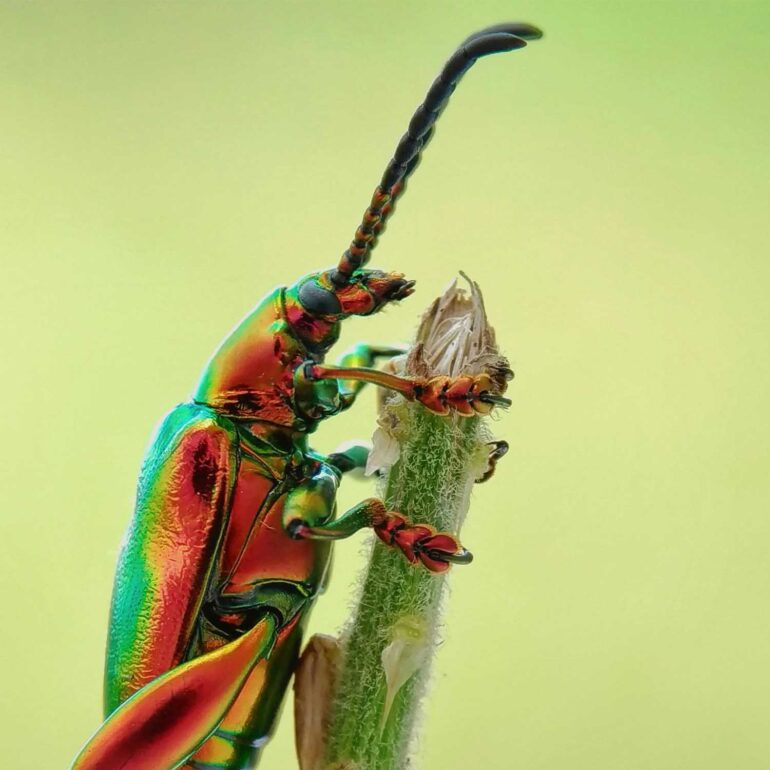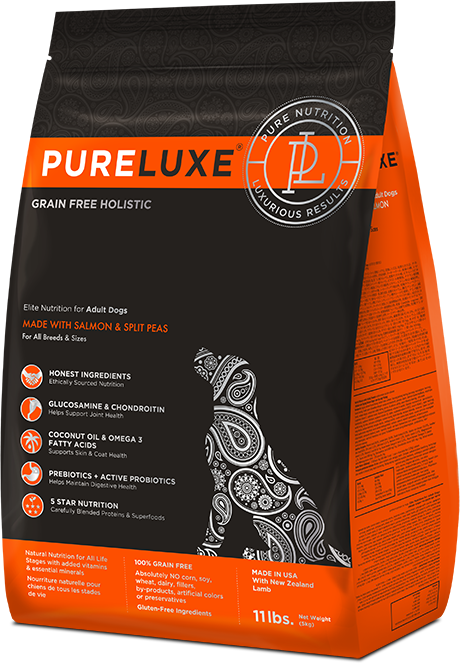The pet food industry is undergoing a significant transformation, with
The pet food industry is undergoing a significant transformation, with a growing interest in sustainable and ethical protein sources. Two prominent trends emerging in recent years are insect-based and plant-based pet food. These alternatives offer a departure from traditional meat-centric diets, promising a range of benefits for both pets and the environment.
Insect-Based Pet Food
Insect-based pet food has gained traction due to its impressive nutritional profile and environmental advantages. Insects are a rich source of essential amino acids, minerals, and fatty acids. They also have a lower environmental footprint compared to traditional livestock, requiring less land, water, and energy to produce.
- Positives:
- Nutritional Value: Insects provide a complete protein source and are packed with essential nutrients.
- Sustainability: Insect farming has a significantly lower environmental impact than traditional livestock.
- Allergy-Friendly: Insects are less likely to cause allergies compared to common meat sources like beef, chicken, and fish.
- Negatives:
- Acceptance: Some pet owners may be hesitant to feed their pets insects due to cultural or psychological factors.
- Cost: Insect-based pet food may be more expensive than traditional options, especially in the early stages of production.
Plant-Based Pet Food
Plant-based pet food is another emerging trend, appealing to pet owners who seek a more sustainable and ethical diet for their furry companions. These diets typically incorporate a variety of plant proteins, such as pea, lentil, and soy.
- Positives:
- Sustainability: Plant-based diets have a lower environmental impact than meat-based diets, reducing greenhouse gas emissions and water consumption.
- Ethics: Plant-based diets align with ethical concerns about animal welfare and slaughter.
- Allergy-Friendly: Plant-based diets can be beneficial for pets with food allergies or sensitivities to meat proteins.
- Negatives:
- Nutritional Completeness: Ensuring plant-based diets provide all the necessary nutrients for pets can be challenging.
- Palatability: Some pets may find plant-based food less palatable than meat-based options, especially if they are accustomed to a traditional diet.
The Future of Pet Food
As awareness of environmental and ethical concerns grows, insect and plant-based pet food are poised to become more mainstream. While there are still challenges to overcome, the potential benefits of these alternatives make them a promising option for pet owners seeking a healthier and more sustainable diet for their furry friends.
It’s important to note that when considering insect or plant-based pet food, it’s crucial to choose reputable brands that prioritize quality and nutritional completeness. Consulting with a veterinarian can also provide valuable guidance on selecting the best diet for your pet’s individual needs.




















